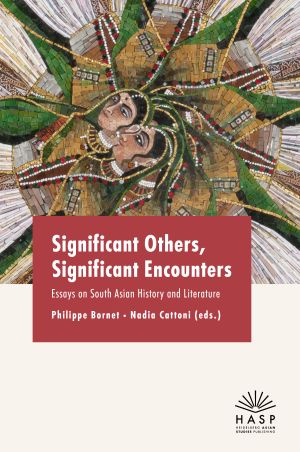Comment citer
Licence (Chapitre)

Ce travail est disponible sous licence Creative Commons Attribution - Partage dans les Mêmes Conditions 4.0 International.
Identifiants (Livre)
Publié
Téléchargements
The Elusive Double
Mirror Effects and Perplexity on the Roads of India
Among modern fictions based on travel in India, two short novels, apparently without any common ground, unexpectedly echo each other in several aspects: Hariyā harkyūlīz kī hairānī (1994, The Perplexity of Hariya Hercules) by Manohar Shyam Joshi (1933–2006), and Notturno indiano (1984, Indian Nocturne) by Antonio Tabucchi (1943–2012). In both novels—the first written in Hindi, the second in Italian—an enigmatic Western double causes the main protagonist to embark on an initiatory quest on the Indian roads (the Himalaya in the first one, South India in the second). In both cases the object of the quest seems ultimately to elude the protagonist and in both cases the dominant feeling of the story is one of uncertainty. But beyond their many similarities (reflections on Indian philosophies, significant relations between India and Europe, identity crisis, mirror effect, women as active witnesses of the story, etc.), what do their differences teach us about the knowledge conveyed by the two authors about India on the one hand, and their respective representations of encounters between India and Europe on the other? To answer these questions, this chapter will favour the comparative method by analysing how each of these two texts has developed the central idea of the “double”.
Keywords India, travel, quest for identity, Manohar Shyam Joshi, Antonio Tabucchi









